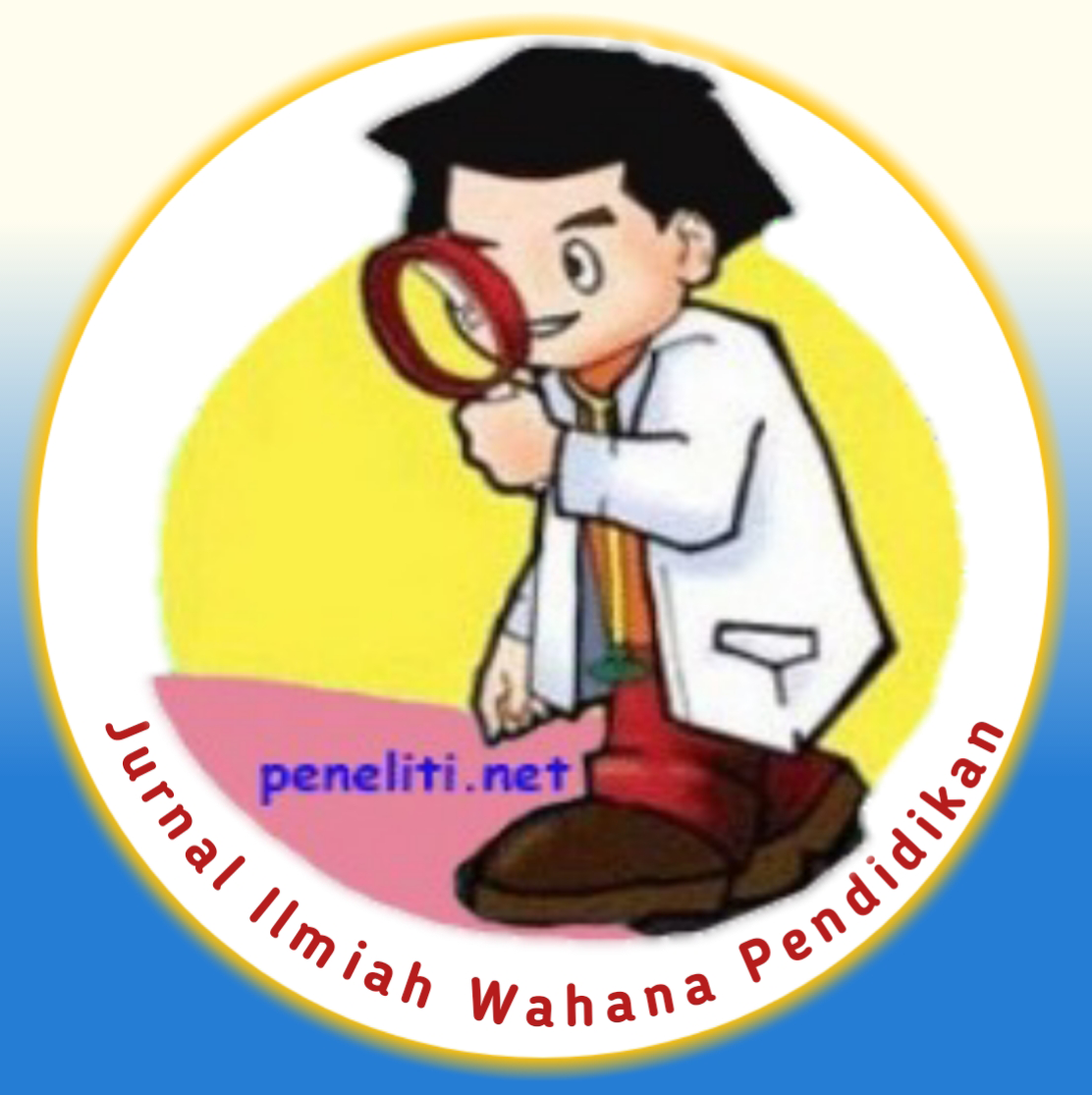Perceived Toxic Parenting, Self-Esteem And Students’ Academic Achievement;An Analysis of Psychological Point of View And Islamic Perspective
Abstract
This study aims at analyzing Perceived Toxic Parenting, Self-Esteem And Students’ Academic Achievement. It is a library research. The study analyzed the effect of perceived toxic parenting toward children’ self-esteem and academic achievement from Psychology point of view and islamic perspective. Several literatures related to the topict were analyzed with the keywords used to serach the articles are; Parenting, islamic parenting, toxic parenting, self-esteem, academic achievement. The study found that the toxic parents, one or both parents, results to negative psychological development of children. Children raised by toxic parents are more likely difficult to develop their positive self-image in which lead to lack of self-esteem. Children’s Self-esteem and academic achievement are two correlating variables that support each other. The lower self-esteem children hold, the lower academic achievement they obtained. In addition, Islam enlighted the parents to avoid practicing toxic parenting. Allah Ta’ala rebuked parents in his word in Surah al-An'am 151, that for any reason, parents are prohibited from killing, neglecting, not feeding their children. In a hadith of the Prophet narrated by al-Baihaqi, our Prophet stated that the children also have the right to be treated fairly among their siblings.
References
Adimora, D. E., Nwokenna, E. N., Omeje, J. C., & Umeano, E. C. (2015). Parenting Styles and Attention Deficit Hyperactivity Disorder as Correlates of Academic Adjustment of In- School Adolescents in Enugu State, Nigeria. Procedia - Social and Behavioral Sciences, 205, 702–708.
Badanes, L. S., Dmitrieva, J., & Watamura, S. E. (2012). Understanding cortisol reactivity across the day at child care: The potential buffering role of secure attachments to caregivers. Early ChildhoodResearch Quarterly, 27(1), 156–165. https://doi.org/10.1016/j.ecresq.2011.05.005
Crittenden, P.; Dallos, D; Landini, A &Kozlowska, K. (2014). Attachment and Family Therapy. Open University Press.
Hesari, N. K. Z., & Hejazi, E. (2011). The Mediating Role of Self Esteem in the Relationship Between the Authoritative Parenting Style and Aggression. Procedia - Social and Behavioral Sciences, 30, 1724–1730.
Iskandar, Ditha Savitri (2021). Dampak Pola Asuh Toxic Parents Dalam Pembentukan Identitas Remaja; Studi Pada Remaja di Kabupaten Bogor. Undergraduate Thesis, Dept of Sociology Education, Faculty of Social Sciences Education, University of Education Indonesia.
Jinan, N., Mohmed Yusof, N. A. M., Vellasamy, V., Ahmad, A., Bin Abdul Rahman, M. N., & Motevalli, S. (2022). Review of Parenting Styles and Their Impact on The Adolescents’ Self-Esteem. International Journal of Academic Research in Progressive Education and Development, 11(2), 31–47. https://doi.org/10.6007/ijarped/v11-i2/12202
K., J., Margaret, M., & Disiye, A. (2020). Toxic Parenting Adversely Correlates To Students’ Academic Performance In Secondary Schools In Uasin Gishu County, Kenya. International Journal of Scientific and Research Publications (IJSRP), 10(7), 249–253. https://doi.org/10.29322/ijsrp.10.07.2020.p10331
Mirzaei-Alavijeh, M., Rahimi, H., Karami Matin, B., & Jalilian, F. (2018). Self-Esteem and Academic Achievement Among Students of Kermanshah University of Medical Sciences. Educational Research in Medical Sciences, 7(1), 4–7. https://doi.org/10.5812/erms.79919
Pratiwi, H., (2020). Assessing the Toxic Levels in Parenting Behavior and Coping Strategies Implemented During the COVID-19 Pandemic Ikta Yarliani Murniyanti Ismail Rizki Noor Haida Noer Asmayati. 14(2). https://doi.org/10.21009/JPUD.142.03
Shelfira Carelina and Maman Suherman, “Makna Toxic Parents Di Kalangan Remaja Kabaret SMAN 10 Bandung” (2004).
Susan Forward and Craig Buck, Toxic Parents: OverComing Their Hurtful Legacy and Reclaiming Your Life. (New York: Bantam Books, 1989)
Zakeri, H., & Karimpour, M. (2011). Parenting styles and self-esteem. Procedia - Social and Behavioral Sciences, 29, 758–761. https://doi.org/10.1016/j.sbspro.2011.11.302




